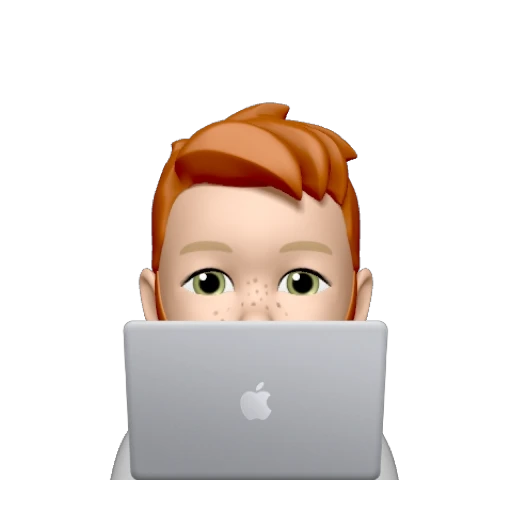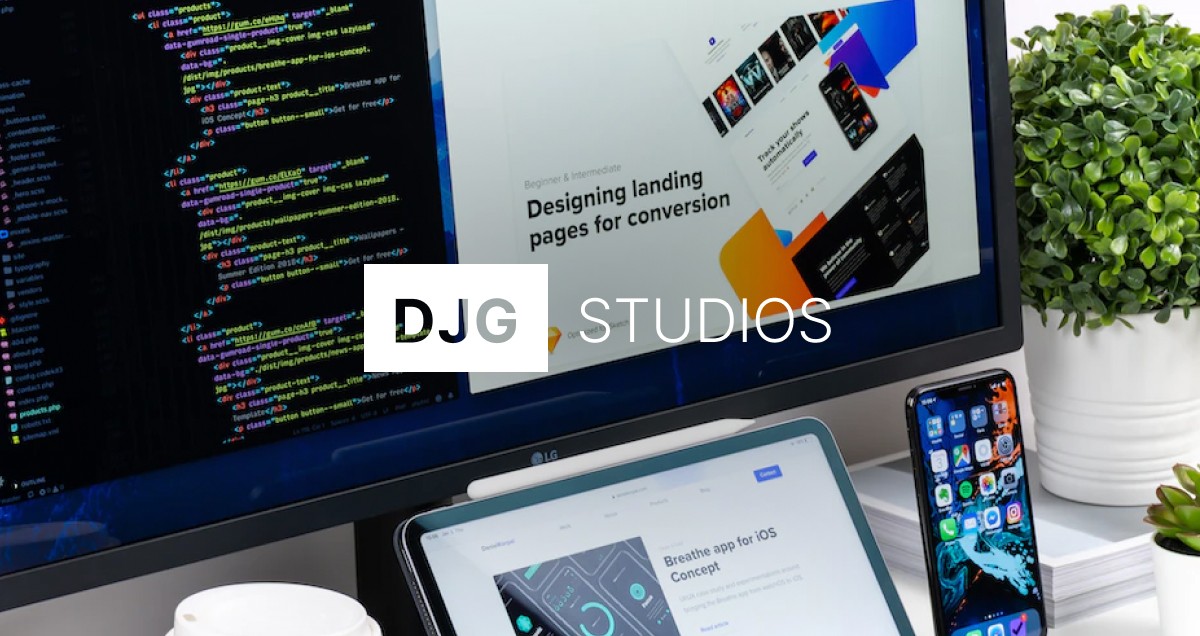Using Framer for Lightning-Fast Prototyping: A Developer’s Perspective

At Devignify Studio, we live and breathe efficient workflows and when it comes to prototyping, we’ve found a tool that truly supercharges the process: Framer. Whether you’re a fellow developer exploring your toolkit, or a business owner curious about how modern digital products are built, here’s our take on why Framer is worth a spot in your tech stack.
What is Framer?
Framer started as a JavaScript library for creating complex animations and interactions. Today, it’s evolved into a powerful design and prototyping tool that allows teams to create high-fidelity, interactive prototypes all without writing a single line of production code (though code is still an option for those who want it).
Think of it as the sweet spot between design and development:
Rapid visual design
Clickable prototypes with real interactions
Instant feedback on UX ideas
Smooth handoff between design and development
Why Developers Love Framer
1. It Bridges the Gap Between Design and Code
As developers, we’re often handed static mock-ups from design tools like Figma or Sketch. While those are great for visuals, they don’t always capture the actual feel of animations, gestures, or transitions.
Framer lets designers build real interactive prototypes meaning we can test ideas early, spot usability issues, and avoid surprises during development.
2. Lightning-Fast Iteration
Clients often want to see how an idea will work before investing time and budget into full development. Framer lets us spin up interactive prototypes in hours instead of days.
This speed is game-changing for:
Presenting concepts to clients
User testing before build
Exploring alternative UX flows
Showing off micro-interactions
3. Code is Still Welcome
One of our favourite features at Devignify is that Framer doesn’t shy away from code. While designers can create prototypes visually, developers can also drop in custom code to:
Fetch data from APIs
Build dynamic components
Implement custom animations
This makes Framer uniquely flexible perfect for teams who straddle the worlds of no-code and custom code.
4. True-to-Life Prototypes
Many prototyping tools feel “fake” buttons don’t really work, transitions are approximate, and performance is nothing like the real web. Framer prototypes feel incredibly close to production:
Smooth animations
Responsive layouts
Real device previews
Clients can click through a prototype and genuinely feel how their future website or app will work. That level of realism builds confidence and keeps projects moving forward.
How We Use Framer at Devignify Studio
Here’s how Framer fits into our own workflow:
Discovery Phase — We quickly prototype ideas for client pitches or internal discussions.
Design Handoff — Designers create interactive flows in Framer, which developers then reference to build the real site or app.
User Testing — We test user flows and gather feedback before a single line of production code is written.
Portfolio & Showcases — We use Framer to create animated showcases of our web projects for presentations and marketing.
Is Framer Right for Your Project?
If you’re considering a web project whether a marketing site, SaaS platform, or e-commerce store Framer might be the perfect way to bring ideas to life quickly. It helps us reduce guesswork, speed up delivery, and ensure the end product matches the original vision.
At Devignify Studio, we’re passionate about blending design and development seamlessly. Tools like Framer help us make that happen.
Published on
July 14, 2025




